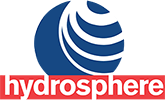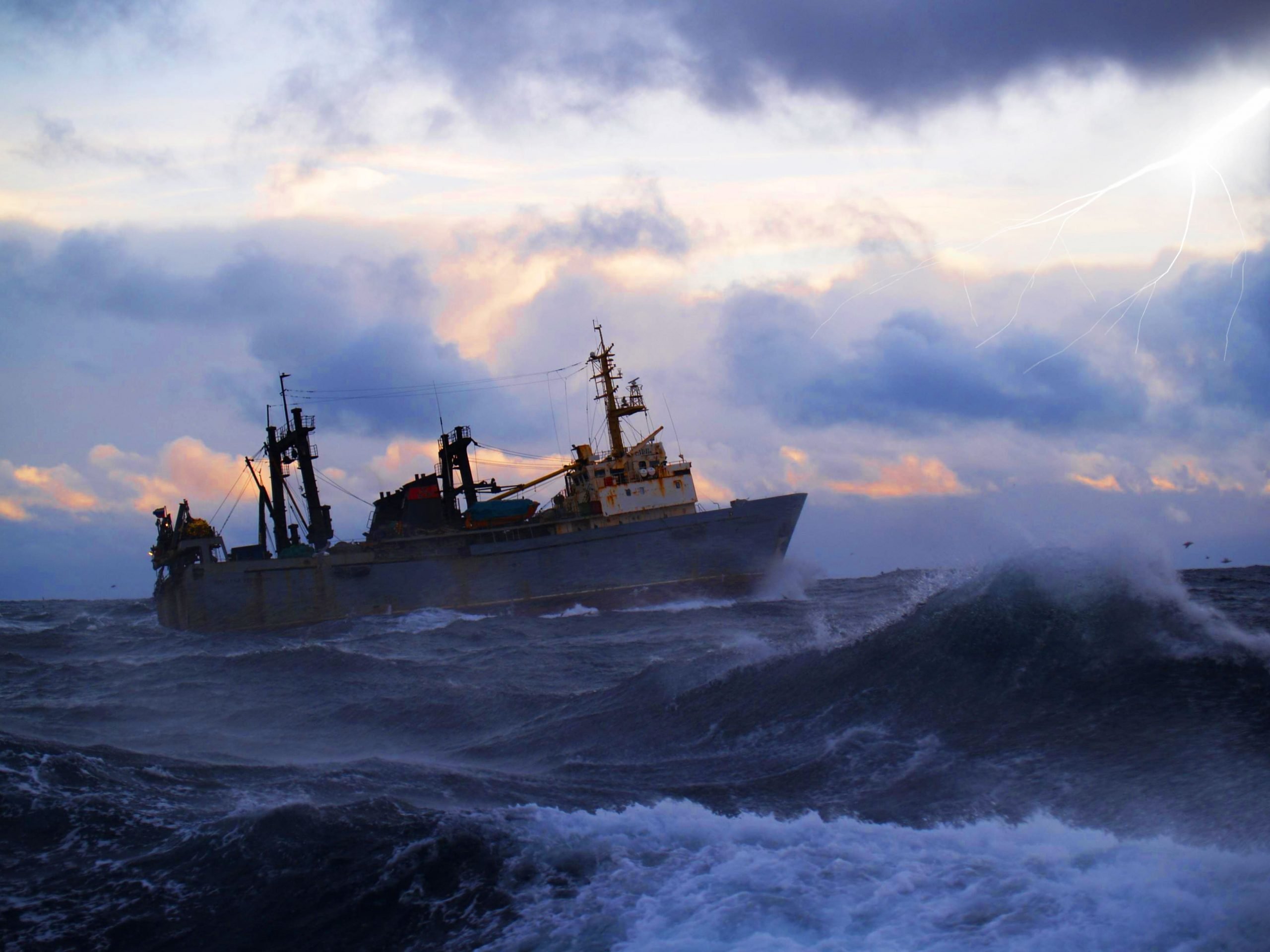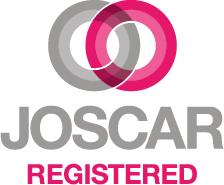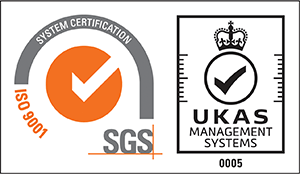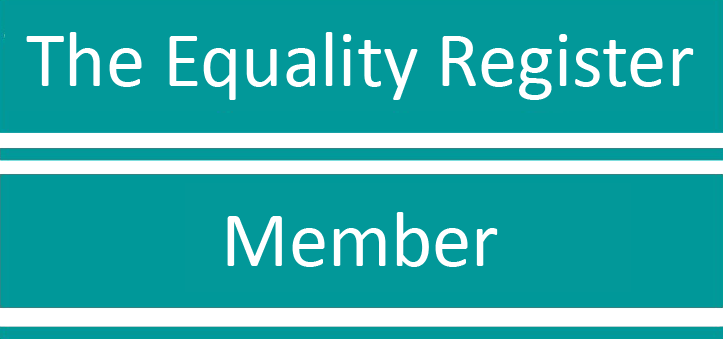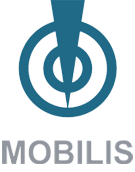Navigating the vast expanse of the world’s oceans has always been a formidable challenge, with weather playing a crucial role in determining the safety of maritime operations.
Marine weather conditions can be unpredictable at the best of times and treacherous at their worst, posing significant risks to vessels of all sizes. From wind and waves to fog and storms, marine weather conditions encompass a variety of elements. Each of these factors can profoundly affect a vessel’s stability, visibility and overall navigational capabilities.
Strong winds can create large waves and swells, making it difficult for vessels to maintain a steady course. High waves can also cause ships to pitch and roll, increasing the risk of capsizing.
Reduced visibility due to fog can obscure landmarks and navigational aids, making it challenging for mariners to determine their exact position. This increases the likelihood of collisions with other vessels or running aground.
Severe storms, such as hurricanes and typhoons, bring extreme winds, heavy rains and waves. These conditions can be catastrophic, leading to shipwrecks and loss of life without proper precautions.
So, understanding these risks and employing effective mitigation strategies is essential for ensuring the safety of crews and their vessels…
Navigational safety tips for poor weather conditions
To navigate safely through adverse marine weather conditions, mariners should:
- Stay updated with accurate and timely weather forecasts. Weather forecasting for maritime operations has become increasingly sophisticated, providing vital information that helps mariners make informed decisions about routes and timing.
- Plan routes that avoid severe weather whenever possible. This might involve taking longer but safer paths to reach the destination.
- Reduce speed in poor weather conditions to maintain better control of the vessel. Slower speeds can also help minimise the impact of waves and improve manoeuvrability.
- Ensure the crew is well-trained and prepared for emergencies by conducting regular drills to practise responses to different weather scenarios.
- Rely on marine aids to navigation (AtoN), such as buoys and lights, to help guide vessels safely through hazardous areas.
AtoN play a critical role in enhancing maritime safety, especially in adverse marine weather conditions. These aids provide essential information and guidance to mariners, helping them navigate safely and avoid potential hazards.
Navigation buoys indicate specific points in the water, such as safe passage areas, underwater hazards and channels. In rough weather, buoys equipped with lights and sound signals become even more crucial, as they remain visible and audible when other visual cues are obscured.
Equally, both coastal and offshore navigation lights are vital for ensuring safe navigation. These lights are strategically placed to mark dangerous coastlines, reefs and other hazards. In poor visibility conditions, their powerful beams penetrate fog and darkness, providing mariners with clear points of reference.
Modern electronic aids, such as GPS and AIS (Automatic Identification System), complement traditional marine AtoN by providing real-time data on vessel location, speed and nearby traffic. These technologies are particularly useful during severe weather when visibility is compromised.
Leveraging advanced AtoN solutions for enhanced safety
The impact of weather on marine navigation cannot be underestimated, but with proper planning and the right aids, many of the associated risks can be mitigated.
Marine AtoN, such as navigation buoys and lights, are indispensable in guiding vessels safely through challenging conditions. Coupled with accurate weather forecasting for maritime operations and adherence to navigational safety tips, these aids form the backbone of safe passage through adverse marine weather conditions.
Hydrosphere offers a wide range of solutions designed to enhance maritime safety, including advanced navigation buoys and lights. To learn more about how we can help safeguard your maritime operations, contact us at +44 (0)1420 520374 or sales@hydrosphere.co.uk.
